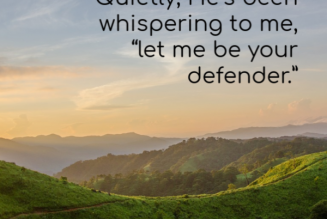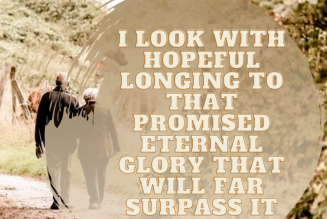Self-expression is no easy thing. Nor is trying something new, taking a risk. Finding words to express our observations, our opinions, our deepest feelings, requires self-awareness, introspection, and the patience to truly listen.
In the musical Dear Evan Hansen, Evan, a senior in high school, struggles to apologize to a family whom he has hurt. In frustration, he tells them, “Words fail, words fail/ There’s nothing I can say.” Sometimes words can’t do the job we want them to do–fix people, fix ourselves–yet they are, still, powerful tools in helping us understand the deeper places in our hearts.

And journal writing, it turns out, can be a powerful step toward understanding what it is we really feel about things that have happened to us, or things we have done ourselves. In the book, Finding What You Didn’t Lose, John Fox shares how personal journal writing can be entry points to uncover one’s emotions. Using journal writing to inspire a poem is an effective tool for gaining perspective: the writer wrestles with the content in a fresh way, having to consider how to translate, through words, images and form what she wants to say.
Because of poetry’s condensed language (poets argue that words in a poem have more weight to them than they would in a work of prose) as well as its particular form (the form causes the reader to confront the white space at the end of every line and choose to stay “in” the body of the poem by continuing to read), poems heighten the intimacy of one’s journal entries. Prose, with its lack of boundaries, a line stretching the length of a page, is, as Billy Collins describes, “a continuation of noise.” But a poem, with its intentional white space, is, he continues, “a displacement of silence” as well as “a diary without the lock–a diary that you want people to read.” Even if your poem, inspired by your journal writing, is not shared and read by a single person, your act of choosing language and form to convey the heart of what you are trying to say might effectively communicate more than any journal entry, written in prose, ever could.

So, let’s try this. For this week’s Loop Poetry Project prompt, take a journal entry, or a series of entries, you have written recently and let that inspire the focus of your poem. Or, if you haven’t written in a journal recently, free-write for ten minutes; don’t lift up your pen from the paper. When you’re done, read it over and underline key words, phrases, and images. Let these spark the focus of your poem. Build around them. See where the poem goes. Unlock the diary of your heart.

When you are done creating your poem, consider sharing it–on social media, using #looppoetryproject as the hashtag and in the Loop Poetry Project private Facebook group. I have been loving the poems you have been sharing! What a gift it is to read them.
May this week be one of risk-taking, deep listening, and exploring the hidden places of your heart.
xo,
jennifer

This post appeared originally at jenniferjcamp.com







